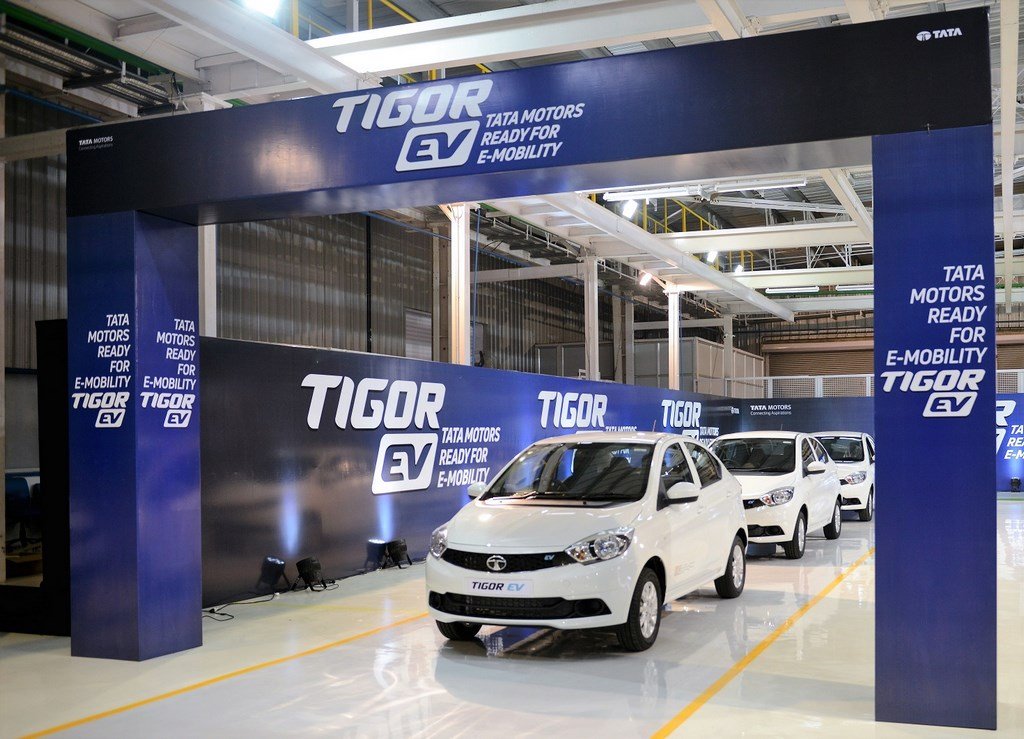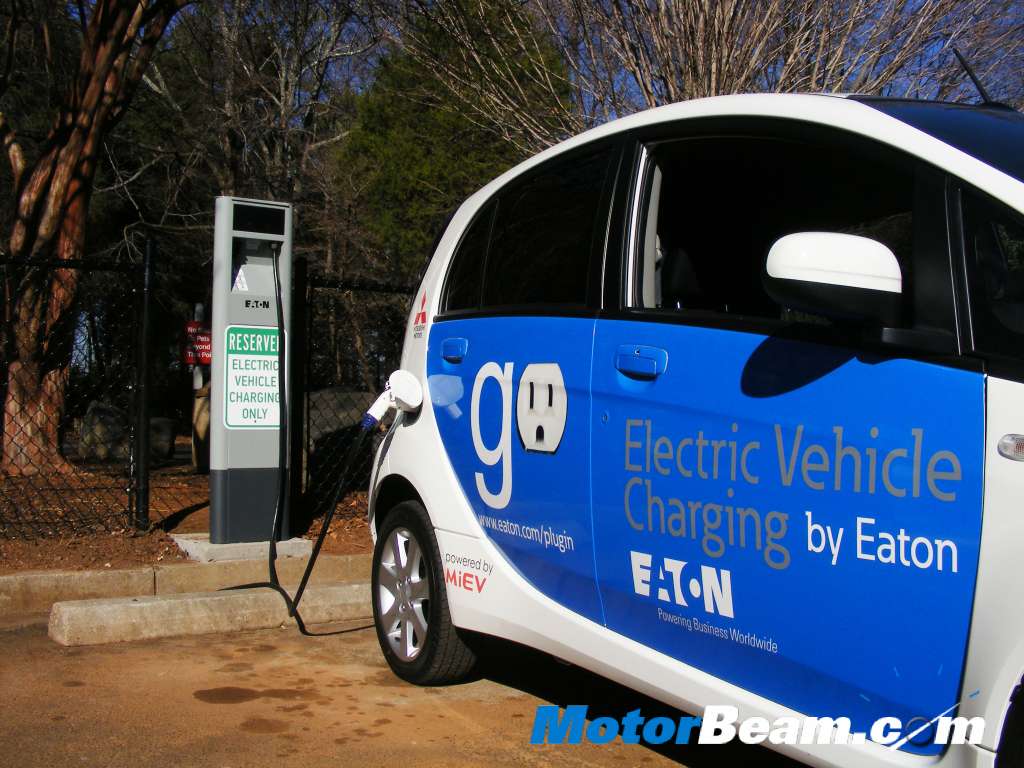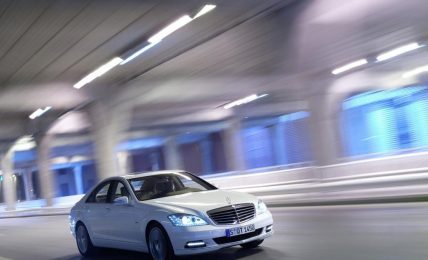The Indian Government wants to fast-track the process by offering support and subsidies for making electric vehicles.

The Indian Government, after taking a look at electric cars from manufacturers like Tata and Mahindra has thrown open a challenge to budding entrepreneurs and startups. The dare is to produce an electric vehicle that has a range of at least 200 kms but still costs under Rs. 10 lakhs.
Energy Efficiency Services Limited (EESL), which is a branch of the Indian Government along with World Bank and World Resources Institute (WRI) is the one running this challenge. It was EESL that first floated a tender for procuring 10,000 electric vehicles for testing and use by the Government officials. This was initially bagged by Tata but Mahindra later joined it to provide half of the total number of EVs. These cars cost Rs. 11.2 lakhs and were supposed to run for at least 130 kms on a full charge. Both the companies agreed but failed to deliver on the mileage.
The electric vehicles from Tata and Mahindra were able to only go for about 75 km on a single charge. This was a shortfall of about 45 percent from the requirement. It was so difficult to produce such high mileage electric vehicles at Rs. 11.2 lakhs for a profit that the companies even began to renegotiate the terms of the agreement. A tender which was floated very optimistically and in good faith by the Government later made it regret the decision.
But it is now back with a different strategy. It has set what is desired of the end product, how one achieves that aim is up to them. EESL is open for anyone and everyone to come forward with their ideas. If they like it and feel that the model is realistic, then it will be up scaled and materialised into a bigger thing. EESL is also seeking solution for things like effective and affordable grid management and energy storage solutions. It has even asked the Department of Heavy Industries to subsidise the setting up of charging stations in India.
This move by the Government is in the right direction to not only encourage people to incubate new ideas but also to achieve the goal of getting a large number of electric vehicles on the Indian roads from the year 2020.
200 Km Range EV
– EESL has thrown open a challenge produce an electric vehicle that has a range of at least 200 km
– They should not cost more than Rs. 10 lakhs to produce
– Indian Government will upscale the model if it happens to be feasible

Source – ETAuto.com




